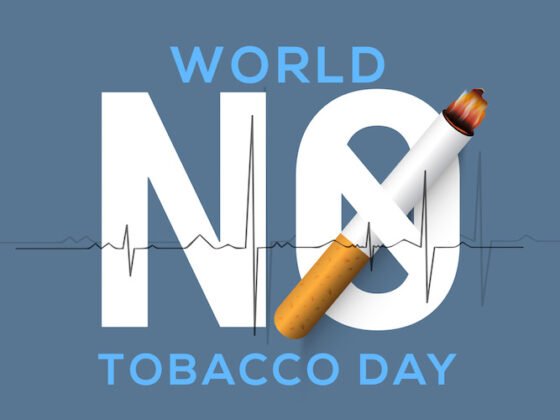Less than one third of men with metastatic castration-sensitive prostate cancer (mCSPC) received established treatment intensification by 2018 that had been demonstrated to extend survival. The US study evaluating real-world utilization of advanced therapies, abstract 5073, released in advance of the forthcoming ASCO meeting, taking place online June 4-8, furthermore revealed concerning data on racial disparities. Black men received markedly less intensive therapies than other racial groups.
“I’m hopeful this is a wake-up call that our patients are more often than not receiving care that has been shown to lead to inferior outcomes,” says study presenter Stephen Freeland, from Cedars-Sinai Medical Center, Los Angeles, California. The research, he adds, demonstrates a fundamental need for improving outreach education, where providers are educated about advances in life prolonging therapies.
In the past decade, the number of new treatments for mCSPC have increased dramatically. Prior to 2010, only docetaxel had been shown to extend survival. Now, several randomized controlled trials have demonstrated adding docetaxel or novel hormonal therapy (NHT, abiraterone, apalutamide, and enzalutamide) to androgen deprivation therapy (ADT) improves survival. But how are these agents being used in real world practice?
For the current study, investigators examined first-line treatment in 35,195 patients taken from a Medicare database, who had been treated between January 2009 and December 2018. Treatments were classified into four groups: androgen deprivation therapy alone (ADT), ADT plus first-generation anti-androgen therapy (AA), ADT+docetaxel, and ADT+NHT (abiraterone, apalutamide, and enzalutamide). The last two combinations have been demonstrated to improve survival.
Altogether, 35,195 men with mCSPC were included in the analysis, with a mean age of 76.5 years, of whom 78.5% were White, 11.8% Black, and 5.3% Hispanic. Overall results show, as first-line treatment, 76.4% of patients received ADT alone, 14% ADT+AA, 4.8% ADT+docetaxel, and 4.5% ADT+NHT. After the emergence of NHTs for treatment of mCSPC in 2017, treatment intensification with ADT+NHT was lower for Black than White patients. For the index year 2018 (the last year of the study) treatment was still relatively low for ADT+docetaxel and ADT+NHT across all groups, with results showing:
- ADT+docetaxel was received by 5.3% of White non-Hispanics versus <5.7% of White Hispanics versus 4.7% of Blacks.
- ADT+NHT was received by 16.5% of White non-Hispanics, versus 15.5‒16.5% of White Hispanics and 11.0% of Blacks.
In other malignancies, commented Freeland, similar results have been seen, where real-world practice lags behind trials demonstrating survival benefit.
Commenting on the study, Amy Rylance, Head of Improving Care at Prostate Cancer UK says, “This study highlights the time-lag between new treatments being discovered and them being made available in practice. Although it’s a US-based study, this is an issue worldwide, and it’s important that all patients – regardless of ethnicity ‒ are able to access the best treatments as soon as possible.”
Unfortunately, she adds, many men with prostate cancer (in particular older men and those with additional illnesses) are not able to tolerate chemotherapy. “That’s why we have been calling for approval of the newer treatments such as enzalutamide, abiraterone and apalutamide, which have been shown to be effective for this group of men,” she says, adding that abiraterone and enzalutamide have been temporarily approved in the UK during the Covid-19 pandemic due to the impact of chemotherapy on the immune system.












